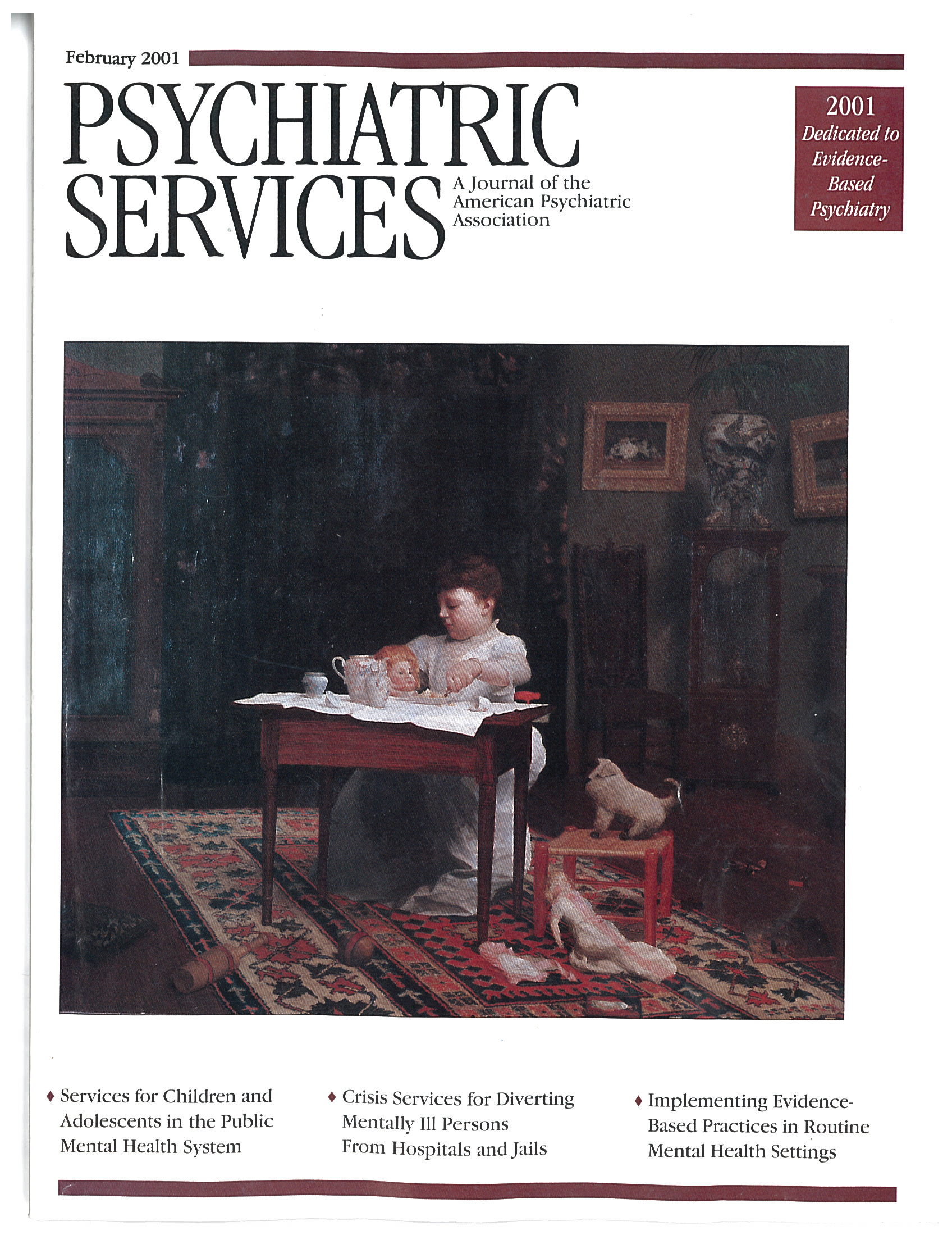Suicidal Ideation and Advance Directives
To the Editor: Although the recent article "Suicidal Ideation and the Choice of Advance Directives by Elderly Persons With Affective Disorders" in the November 2000 issue (1) explores an interesting subject, I found it unsatisfactory in two respects.
The data presented in Table 1 are confusing, and they seem to be incorrect. The right-hand portion of the Table is headed "Patients choosing to have cardiopulmonary resuscitation (CPR) (N=100)." Yet instead of consistently adding to 100, the total number of patients listed under each characteristic varies from 99, for religion and for psychiatric history, to 124, for age. This invalidates all the percentages in this part of the table. In the text of the article, the authors provide the percentage of patients in each category who requested CPR. I gather that these data represent their real findings and that the table, which purports to compare—but does not compare—the characteristics of the patients choosing CPR with the total sample, is incorrect.
Apart from this confusion, I wish that the authors had gone further than their finding that "elderly patients who had suicidal ideation were significantly less likely to ask for CPR . . . than those who did not." It is not surprising that someone who wants to die might not want to be resuscitated. But there may be other good reasons not to want CPR. It would be important to know whether or not a patient's psychiatric illness impairs his or her judgment; if so, contrary to the stated practice of the authors, it would be preferable to wait until treatment has restored decision-making capacity before taking at face value a patient's stated wishes about CPR. These issues have been considered thoughtfully by other authors (2,3). Although further empirical study in this area would be useful, the article in the November issue failed to advance the discussion.
Dr. Leeman is clinical professor of psychiatry and faculty associate in the division of humanities in medicine at the State University of New York Downstate Medical Center in Brooklyn.
1. Lifton I, Kettl PA: Suicidal ideation and the choice of advance directives by elderly persons with affective disorders. Psychiatric Services 51:1447-1449, 2000Link, Google Scholar
2. Ganzini L, Lee MA, Heintz RT, et al: Do-not-resuscitate orders for depressed psychiatric inpatients. Hospital and Community Psychiatry 43:915-920, 1992Abstract, Google Scholar
3. Sullivan MD, Ward NG, Laxton A: The woman who wanted electroconvulsive therapy and do-not-resuscitate status: questions of competence on a medical-psychiatry unit. General Hospital Psychiatry 14:204-209, 1992Crossref, Medline, Google Scholar



